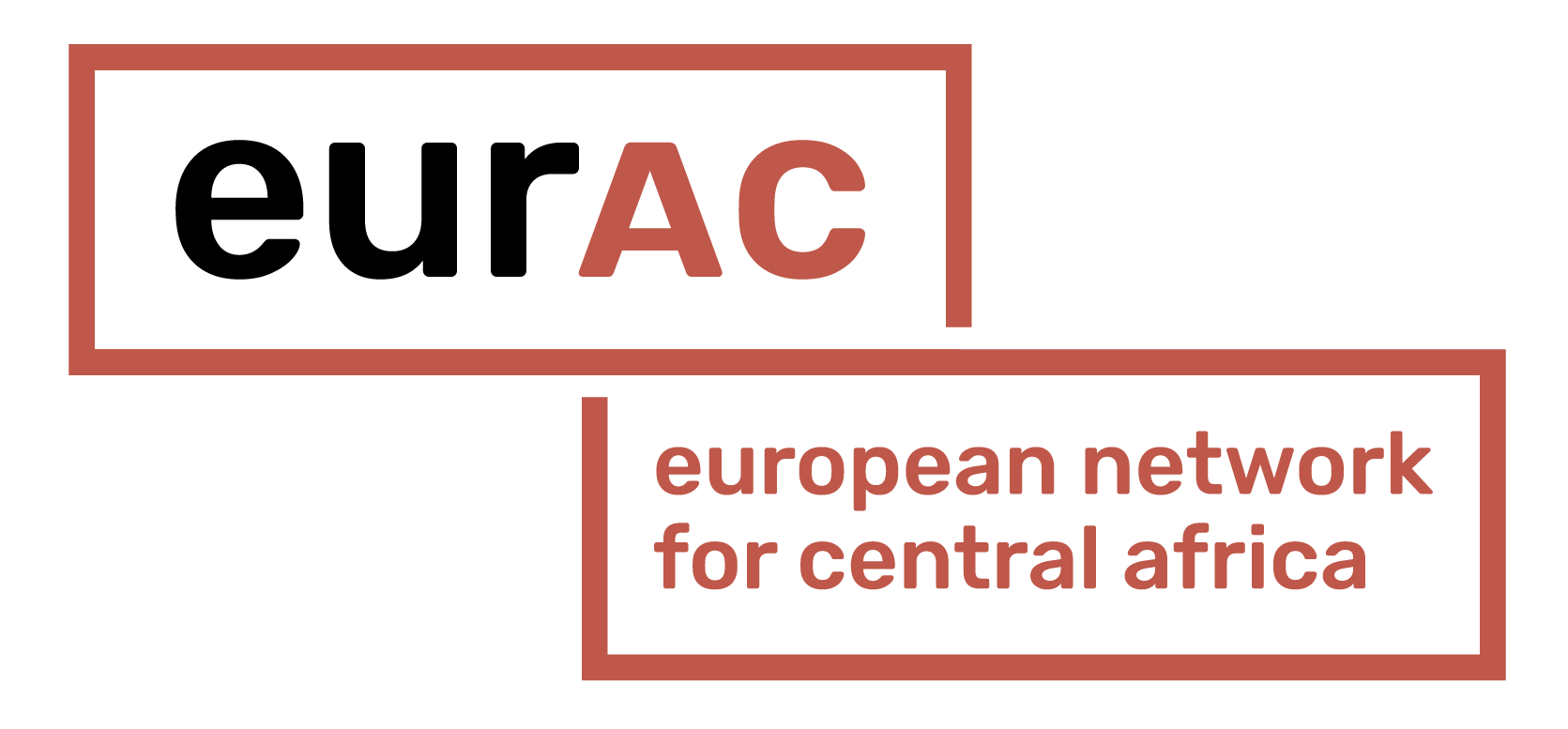Natural Resources
30 Jan 2017 - CENTRAL AFRICA/Joint statement AU, SADC, ICGLR & UN on DRC/M23 rebels present in Rwanda/South-Sudanese rebels in Eastern DRC; DRC/Political parties failed to agree/Lucha activists' trial; BURUNDI/Tortured detainees/UN & AU support to Mkapa
Submitted by Julie Capoulade on Wed, 01/02/2017 - 19:271 Feb 2017 - EU/EPlenary on new motion for resolution on rule of law in DRC/France on RFI's cut in DRC/Belgium supporting financially traning for FARDC; GL/Burundian refugees returned/M23 in Rwanda; DRC/Lucha activists acquitted/M23 killed crash survivors
Submitted by Julie Capoulade on Wed, 01/02/2017 - 19:23JOINT POLICY BRIEF - EurAc & Fatal Transactions call for the EU to step up engagement on conflict minerals
EurAc and Fatal Transactions believe that the EU institutions and member states must step up their efforts to increase transparency and good governance in the artisanal mining sector in eastern DRC. Action is needed at numerous levels in terms of: encouraging EU companies trading in certain minerals to undertake adequate due diligence; support to certification and mapping efforts on the ground in eastern DRC; the reinforcement of Congolese state capacities to administer the mining sector; and support programs aimed at increasing socio-economic benefits from mining at community level.
REPORT - Conflict Minerals’ initiatives in DR Congo: Perceptions of local mining communities
The report discusses the socio-economic consequences of the suspension of artisanal mining in 2010, instigated by the DRC president, and a subsequent de facto embargo, as most international mineral traders abstained from returning to the DRC in reaction to Section 1502 of the American Dodd-Frank Act.
JOINT POLICY BRIEF - Breaking the links between natural resources and conflict: The case for EU regulation
This group of 58 European and global non-governmental organisations including EurAc calls on the European Commission to adopt legislation requiring European business entities to conduct supply chain due diligence in order to ensure that they do not contribute to conflict financing or human rights abuses in the production and trade in natural resources.
JOINT POLICY BRIEF - Ensuring robust EU legislation on responsible mineral sourcing
The new European Parliament has a critical opportunity to strengthen legislation proposed by the European Commission and create responsible mineral supply chains for Europe. In its current form the Commission’s proposal, a voluntary scheme open to a limited number of companies, is weak and unfit for purpose. EurAc is calling on MEPs to amend the draft legislation so that it legally requires companies to check their supply chains and identify and mitigate risk – a process known as due diligence – in line with existing international standards.
JOINT POLICY BRIEF - EU regulation on responsible mineral sourcing: Implementing the Parliament’s proposed due diligence system
The vote in the European Parliament on 20 May has set out key principles for a due diligence system that would align the EU with global efforts to tackle a minerals trade linked to conflict, corruption, and human rights abuses. It would set a practical due diligence standard, secure a level playing field for EU companies and investors, and ensure the EU pursues a coherent and integrated approach to many of its development and foreign policy objectives.
JOINT OPEN LETTER - Joint Open letter to the Dutch Presidency of the Council of the European Union and the Member States of the European Union
Minerals are key components in many everyday products, from mobile phones, laptops, and jewellery, to cars and light bulbs. In too many cases, however, the extraction and trade of these resources is linked to conflicts and human rights abuses. Civil society organisations have been documenting the links between minerals and these abuses for years, from their role in funding violent armed groups to the use of child labour in mines. But these abuses persist, and companies are still buying and using such minerals without assessing and addressing these risks. It is time to change the status quo. It is time for EU governments to take effective legislative action to ensure companies source minerals responsibly, transparently and sustainably.

